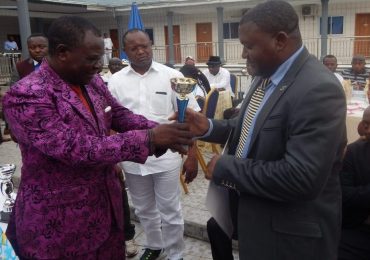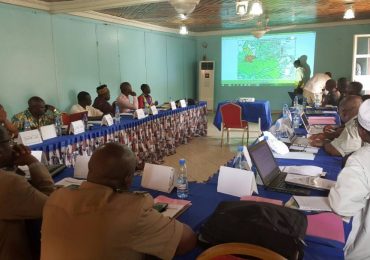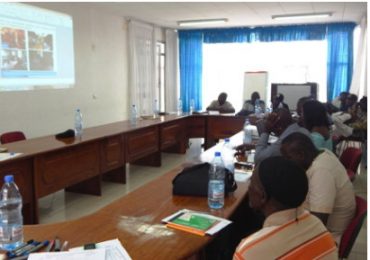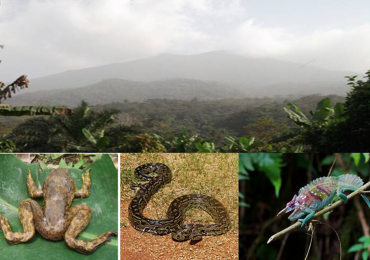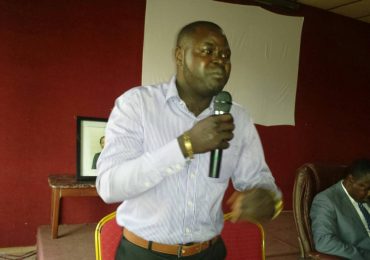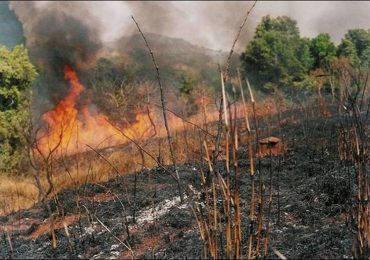After a period during which government signed several water agreements with international contractors, most of Cameroon’s towns still lack adequate supplies of potable water. Government has poured billions of francs CFA into big water infrastructure projects, including immense piping across some regions, seen by many critics as mere window dressing.
By Anu Nkeze Paul

Some international organizations have blamed Cameroon’s chronic water shortage on poor management and corruption, which likely provoked the sacking of the General Manager of Camwater.
The Minister of Energy and Water Resources attributed the drastic disciplinary action to incompetency and lack of respect of the basic text of the institution.
In spite of Cameroon’s abundant fresh water resources, water scarcity is a major problem across the country.
According to estimates by the government and international organizations like the World Bank, only about 30 to 40 percent of the population has access to potable water.
Yaounde presently needs more than 300,000 cubic tons of water daily, but can only get about half of that.
In 2015, authorities planned to increase supply to 200,000 metric tons but the scenario has remained static and water scarcity has only become worse.
The Ministry of Energy and Water Resources and the water utilities corporation, Camwater, say a drop in the water level at major catchments has caused the problem. But it is also clear that over the years, new infrastructure was not constructed to match the city’s rapidly growing population.
The unplanned expansion of the sprawling city has also left entire neighborhoods unconnected to the city’s water network.
Presently, there is a plan to increase water supply to 500,000 metric tons in 2018 by tapping into the Sanaga, one of Cameroon’s largest rivers that flows north of the city.
As the problem persists in the capital, public anger continues to rise.
Abong, a Yaounde resident, says his anger stems from the fact that he is still paying for tap water that he does not consume.
“My bills come every month,” says Abong. “Sometimes they are maintenance fees. But often you also have to pay high bills. You don’t have potable water, yet the bill comes and you have to pay; and they come every month.”
As the dry season prolongs because of climate change effects, Yaounde city dwellers are experiencing worse conditions. And there has so far been nothing but more bad news.
In mid-January 2016, authorities said a new treatment plant expected to bring in an additional 50,000 metric tons had been delayed.
The question in many minds is; is it worth celebrating World Water Day each March 24 with no visible access to the precious liquid?




